IVF in Mexico: Who is an Ideal Candidate for Fertility Journey?
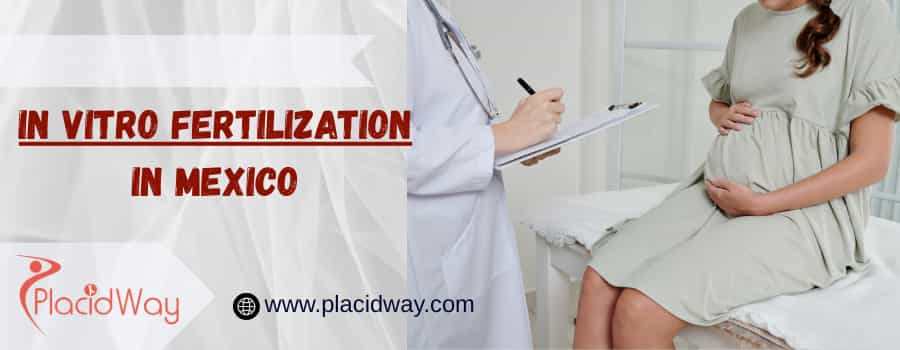
For many individuals and couples dreaming of parenthood, In Vitro Fertilization (IVF) offers a beacon of hope. When considering fertility treatments abroad, IVF in Mexico has emerged as a compelling option, drawing patients from around the globe due to its accessible laws, experienced specialists, and significantly more affordable costs. But with so many factors to consider, who truly is an ideal candidate for IVF in Mexico? This comprehensive guide will answer your most pressing questions, helping you understand if this vibrant country is the right place for your family-building journey.
Who typically benefits most from IVF treatment?
"Individuals and couples who typically benefit most from IVF treatment include those with ovulation disorders, blocked or damaged fallopian tubes, male factor infertility (such as low sperm count or motility), severe endometriosis, unexplained infertility, or those who have had unsuccessful cycles with other fertility treatments like IUI."
IVF is a highly effective assisted reproductive technology (ART) designed to overcome a wide range of fertility challenges. It's often recommended after less invasive methods have failed or when the nature of the infertility makes other treatments unlikely to succeed. By facilitating fertilization outside the body and transferring the resulting embryo directly into the uterus, IVF bypasses many common barriers to conception.
Are there age restrictions for IVF in Mexico?
"No, there are no strict national age limits for IVF in Mexico, making it a more flexible option than many other countries. While clinics typically accept women up to the age of 50, some may consider older patients based on a thorough health assessment, especially when using donor eggs."
One of Mexico's most appealing aspects for international patients is its more inclusive approach to age. Unlike many countries with rigid age cut-offs, Mexican clinics often prioritize a woman's overall health and ovarian reserve over a strict chronological age. For women over 40, success rates with their own eggs naturally decline. However, clinics in Mexico that specialize in treating older women often utilize techniques like PRP (platelet-rich plasma) to potentially improve egg quality and quantity, or strongly recommend the use of donor eggs, which significantly increases success rates regardless of the intended mother's age.
What are the considerations for male factor infertility in IVF in Mexico?
"For male factor infertility, IVF in Mexico often incorporates advanced techniques like ICSI (Intracytoplasmic Sperm Injection), where a single sperm is directly injected into an egg. This procedure is highly effective for low sperm count, poor motility, or abnormal morphology, making IVF a viable solution for many male fertility challenges."
IVF is not just for female infertility; it's equally effective in addressing male fertility issues. When the quality or quantity of sperm is a concern, or if there are issues with sperm motility or morphology, conventional fertilization may be challenging. ICSI directly overcomes these obstacles, maximizing the chances of successful fertilization. Mexican clinics are well-equipped with the technology and expertise to perform ICSI, offering comprehensive solutions for couples facing male factor infertility.
How does ovarian reserve affect IVF candidacy in Mexico?
"Ovarian reserve, which is the quantity and quality of a woman's eggs, significantly impacts IVF success rates. While women with diminished ovarian reserve can still be candidates for IVF in Mexico, they may explore options like higher stimulation protocols, Mini IVF (minimal stimulation IVF), or the use of donor eggs to improve their chances of conception."
A woman's ovarian reserve naturally declines with age. Tests like AMH (Anti-Müllerian Hormone) levels and FSH (Follicle-Stimulating Hormone) can provide an indication of ovarian reserve. While a low ovarian reserve can make IVF more challenging with one's own eggs, it doesn't always disqualify a patient. Mexican clinics offer tailored approaches, including protocols designed to maximize egg retrieval even with low reserve, or the option of using donor eggs from young, healthy donors, which dramatically increases the likelihood of a successful pregnancy.
What about previous failed IVF cycles? Can I be a candidate for IVF in Mexico?
"Yes, individuals with previous failed IVF cycles can absolutely be candidates for IVF in Mexico. Many Mexican fertility clinics specialize in challenging cases and offer advanced diagnostics and personalized treatment plans, including preimplantation genetic testing (PGT) and alternative protocols, to improve success rates."
Experiencing failed IVF cycles can be disheartening, but it doesn't mean the end of your journey. Mexican fertility specialists are often highly experienced in re-evaluating previous cycles, identifying potential issues, and implementing new strategies. This might include:
- Preimplantation Genetic Testing (PGT): Screening embryos for chromosomal abnormalities before transfer can significantly improve success rates, especially for older women or those with recurrent miscarriages.
- Advanced Laboratory Techniques: State-of-the-art embryology labs in Mexico ensure optimal conditions for embryo development.
- Personalized Protocols: Adjusting medication dosages and timing based on your individual response can make a difference.
- Egg or Sperm Donation: If gamete quality is identified as the primary issue in previous failures, using donor eggs or sperm can provide a fresh start with higher quality genetic material.
What is the cost of IVF in Mexico, and what do packages typically include?
"The cost of IVF in Mexico is significantly lower than in the U.S. or Canada, typically ranging from $3,500 to $8,500 USD for a basic cycle. Many clinics offer comprehensive packages that often include initial consultations, diagnostic tests, ovarian stimulation medications, egg retrieval, fertilization, embryo culture, and embryo transfer, with options for additional services like ICSI, PGT, or donor services."
The affordability of IVF in Mexico is a major draw. While specific costs vary by clinic and the complexity of the case, the savings are substantial, often allowing patients to undergo multiple cycles for the price of one in their home country. Many clinics provide transparent, all-inclusive packages to avoid unexpected expenses. It's important to clarify what each package covers, especially regarding medications, embryo freezing, and any necessary genetic testing.
Why choose Mexico for IVF treatment?
"Patients choose Mexico for IVF treatment due to its combination of world-class, JCI-accredited fertility clinics, highly experienced and often internationally trained specialists, inclusive legal frameworks, and significantly lower costs compared to many developed nations, all within a welcoming environment for international patients."
Mexico has become a leading destination for medical tourism, particularly in fertility. The reasons are compelling:
- High-Quality Medical Care: Many clinics are equipped with cutting-edge technology and adhere to international standards of care, often holding accreditations like Joint Commission International (JCI).
- Expert Specialists: Mexican fertility doctors are often highly trained, with many having international experience and speaking fluent English.
- Legal Inclusivity: As mentioned, Mexico's less restrictive laws make IVF accessible to a broader range of individuals and couples, including single parents and LGBTQ+ individuals.
- Affordability: The significant cost savings make high-quality IVF attainable for many who might otherwise find it financially out of reach.
- Accessibility: With numerous direct flights from the U.S. and Canada, Mexico is a convenient destination for medical travel, often allowing for a discreet and efficient treatment process.
- Comprehensive Patient Support: Many clinics offer dedicated international patient coordinators, language assistance, and support with travel and accommodation, ensuring a smooth experience.
If you're exploring IVF as a path to parenthood, Mexico presents a compelling option. PlacidWay can connect you with leading fertility clinics and experienced specialists in Mexico, helping you navigate your options and take the next step towards building your family.


.png)

-Package-at-Advanced-Fertility-Center-Cancun,-Cancun,-Mexico.png)


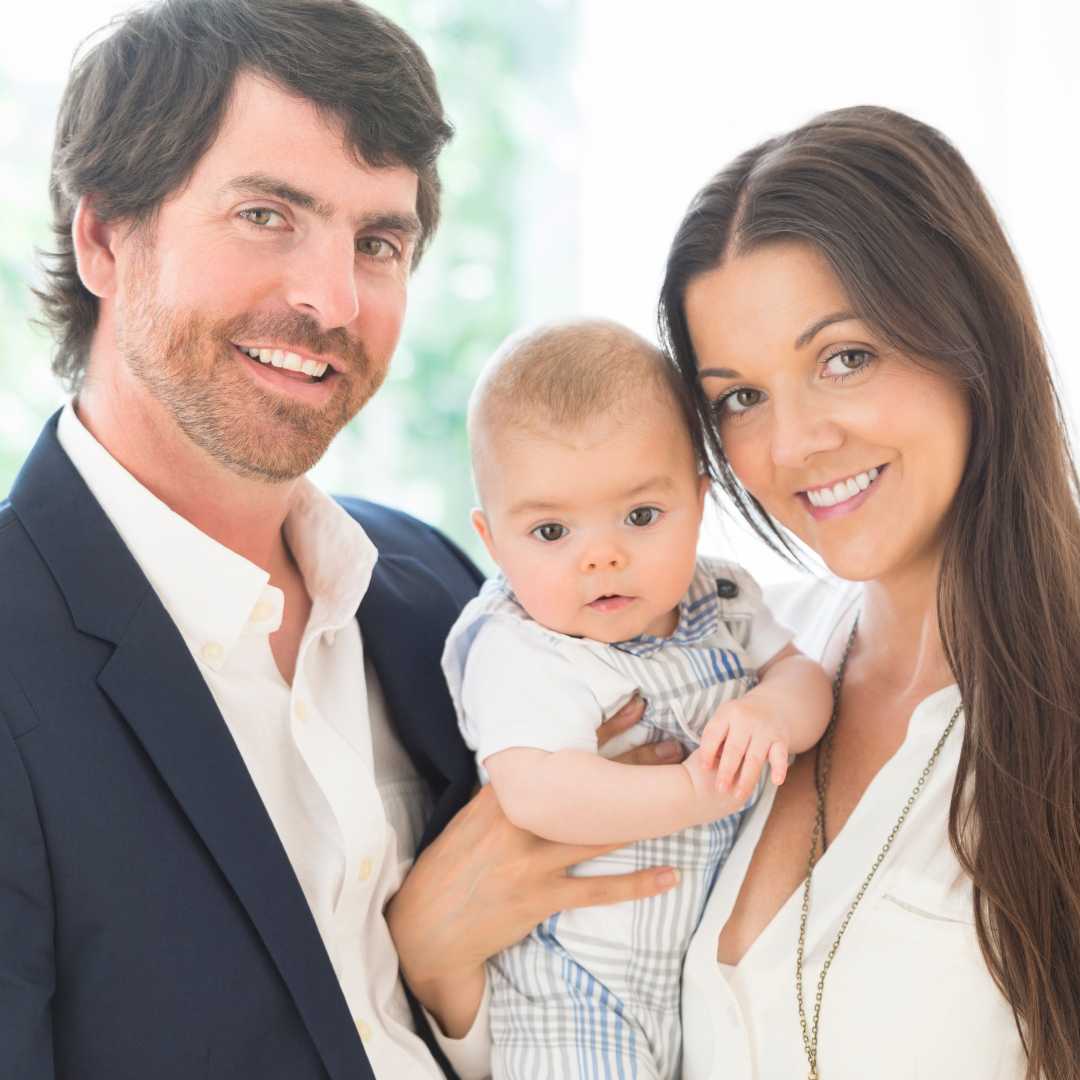
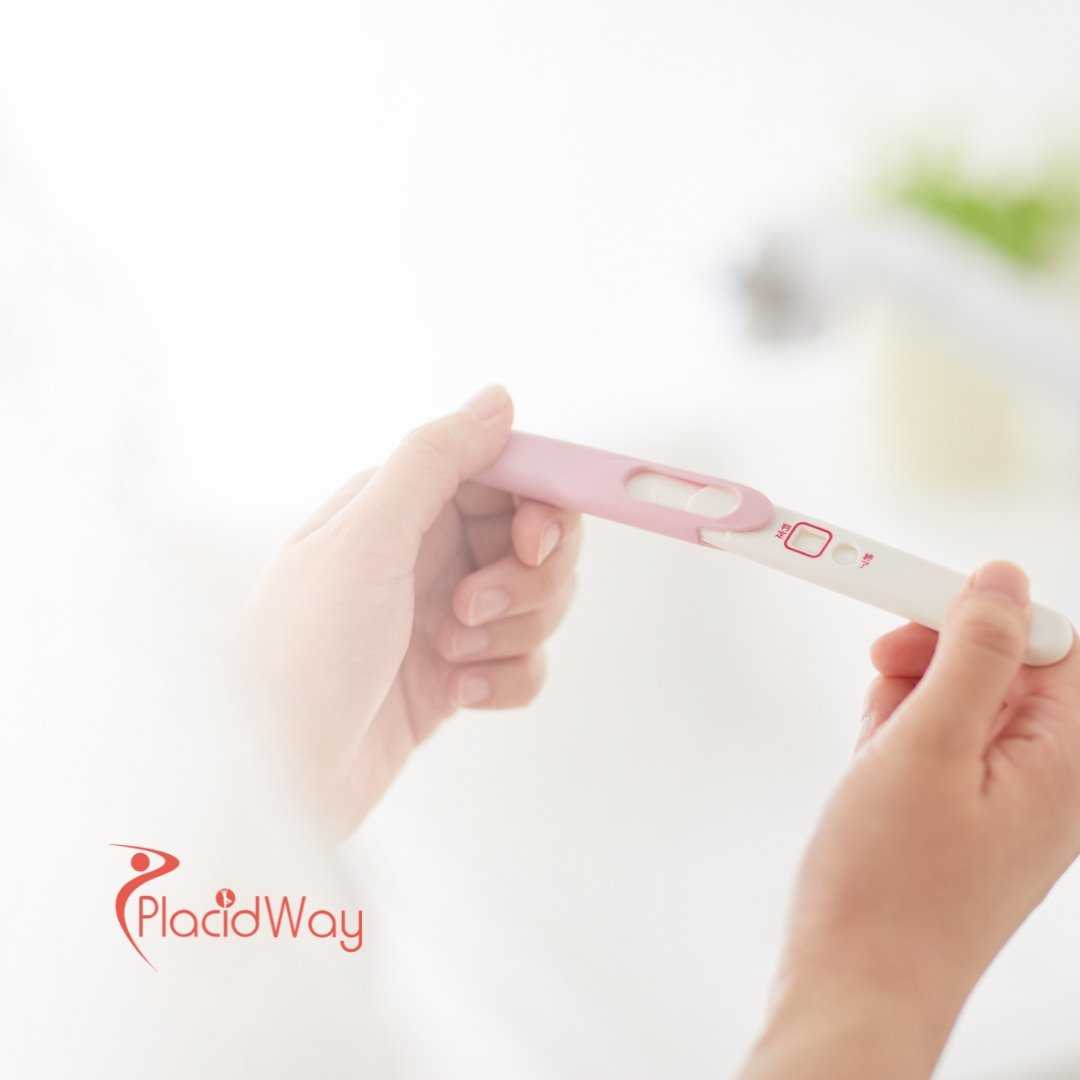
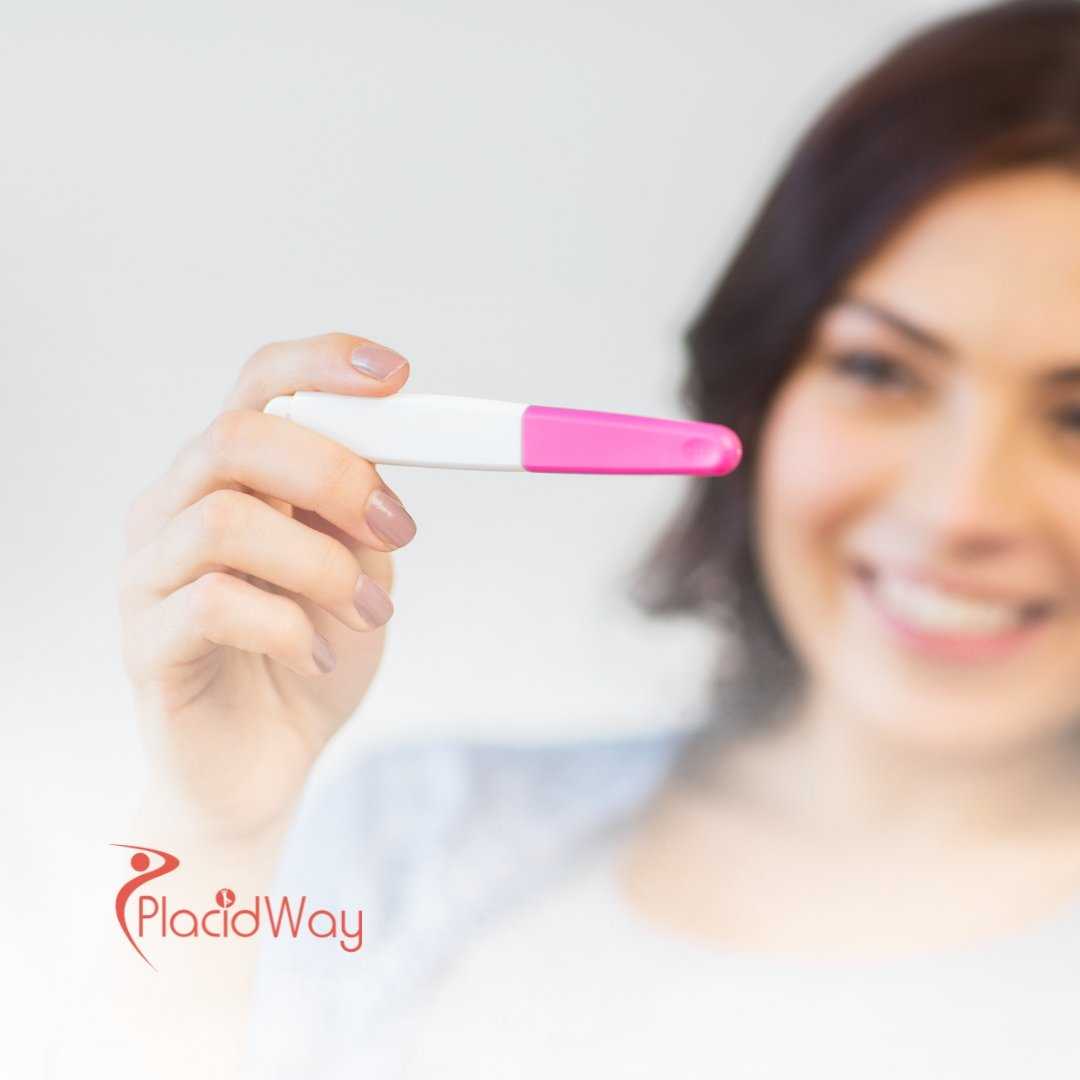

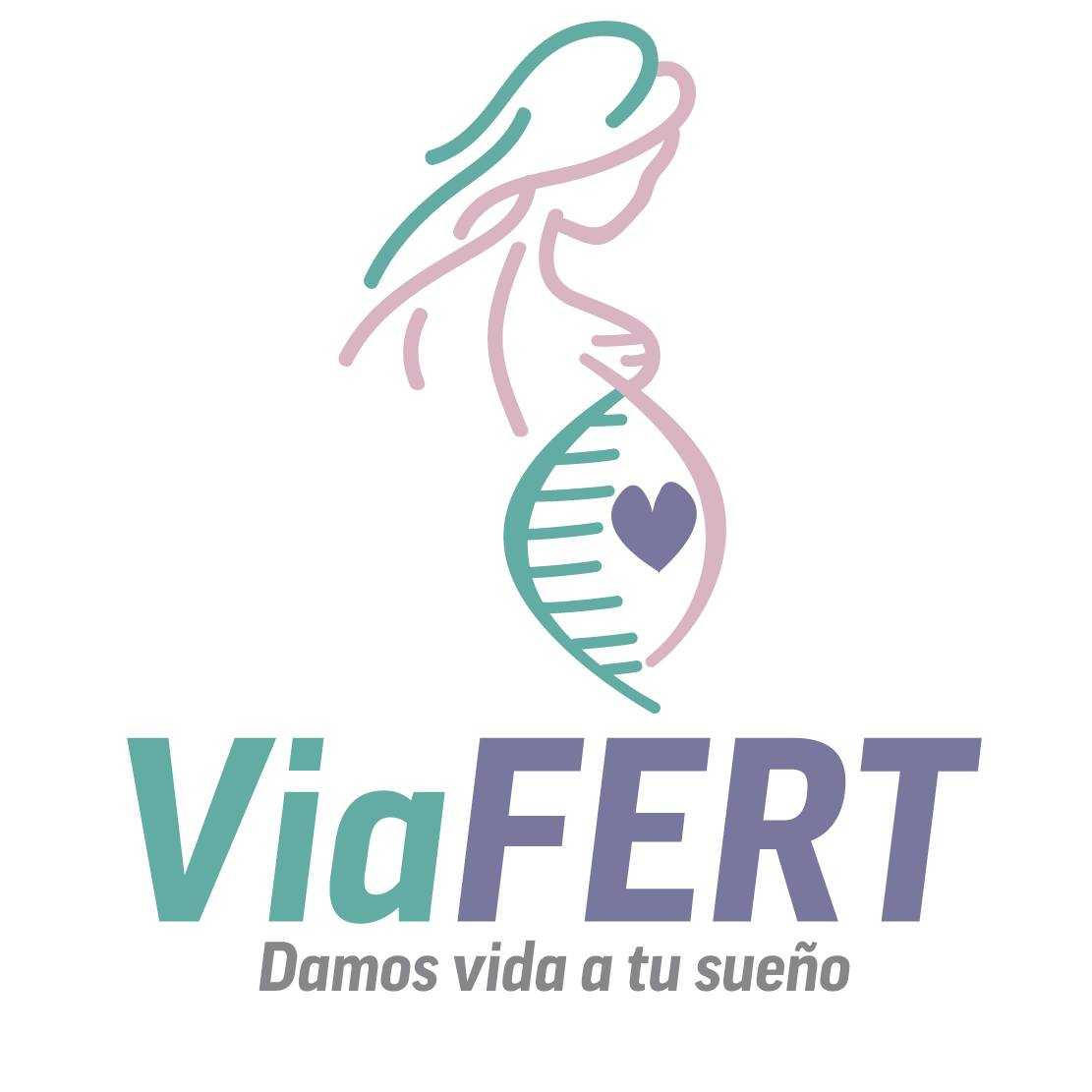
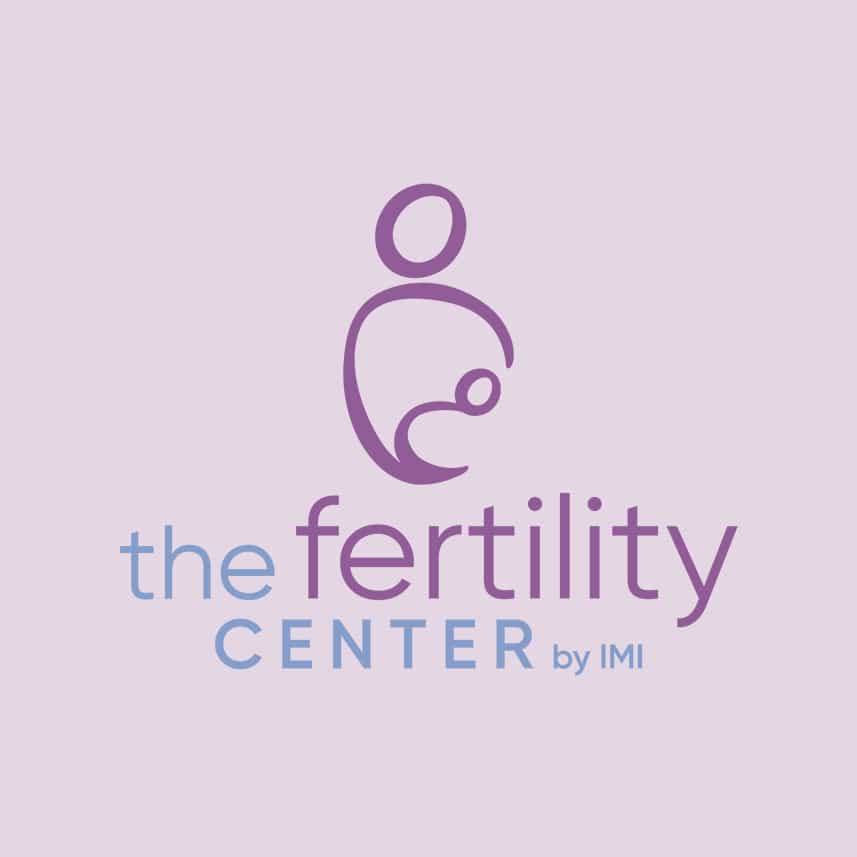
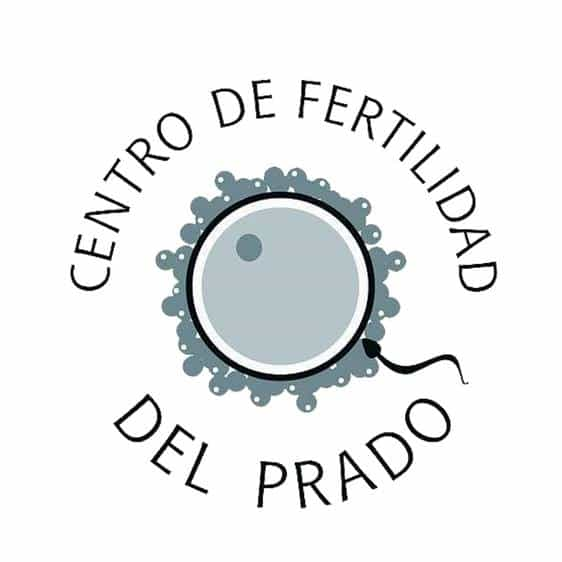
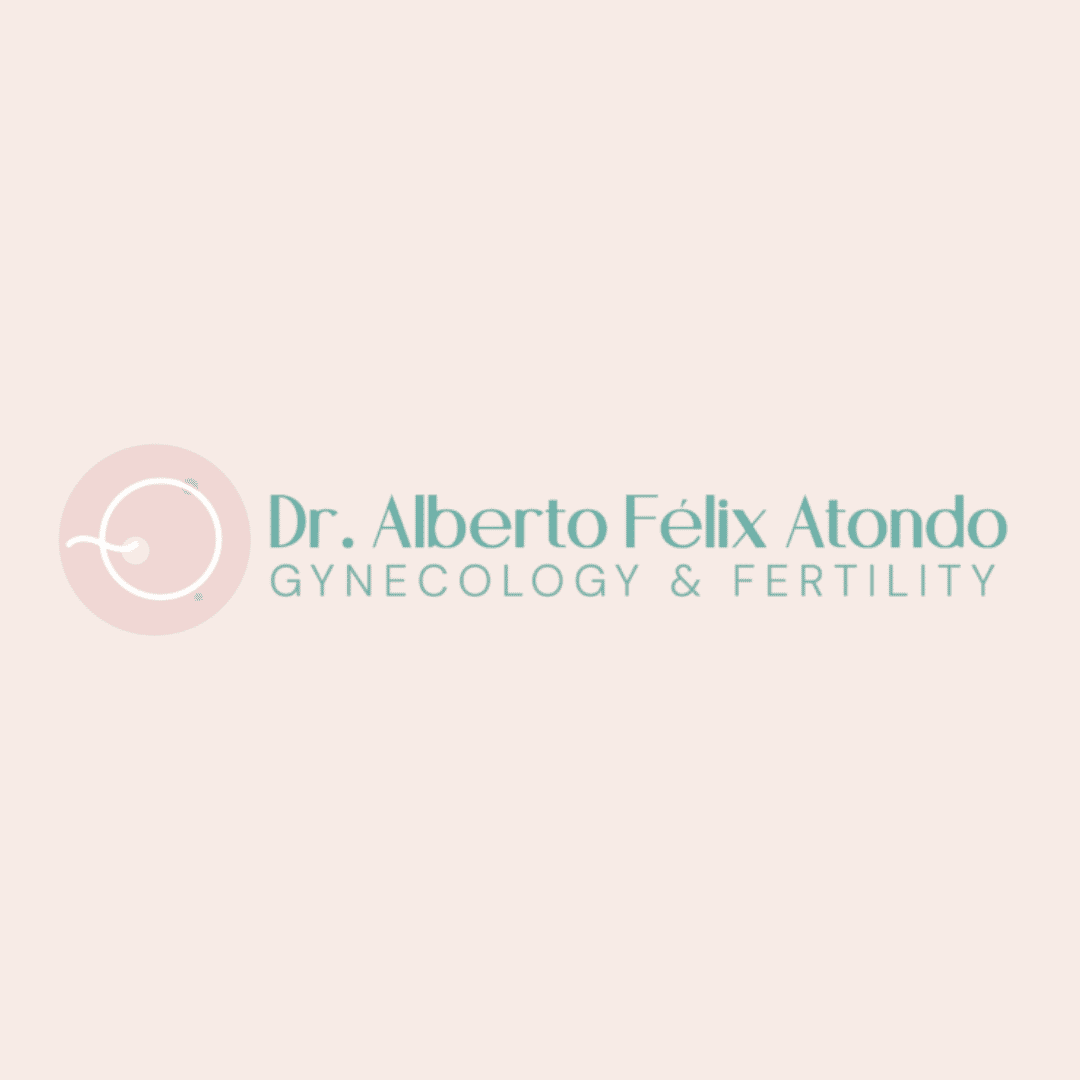
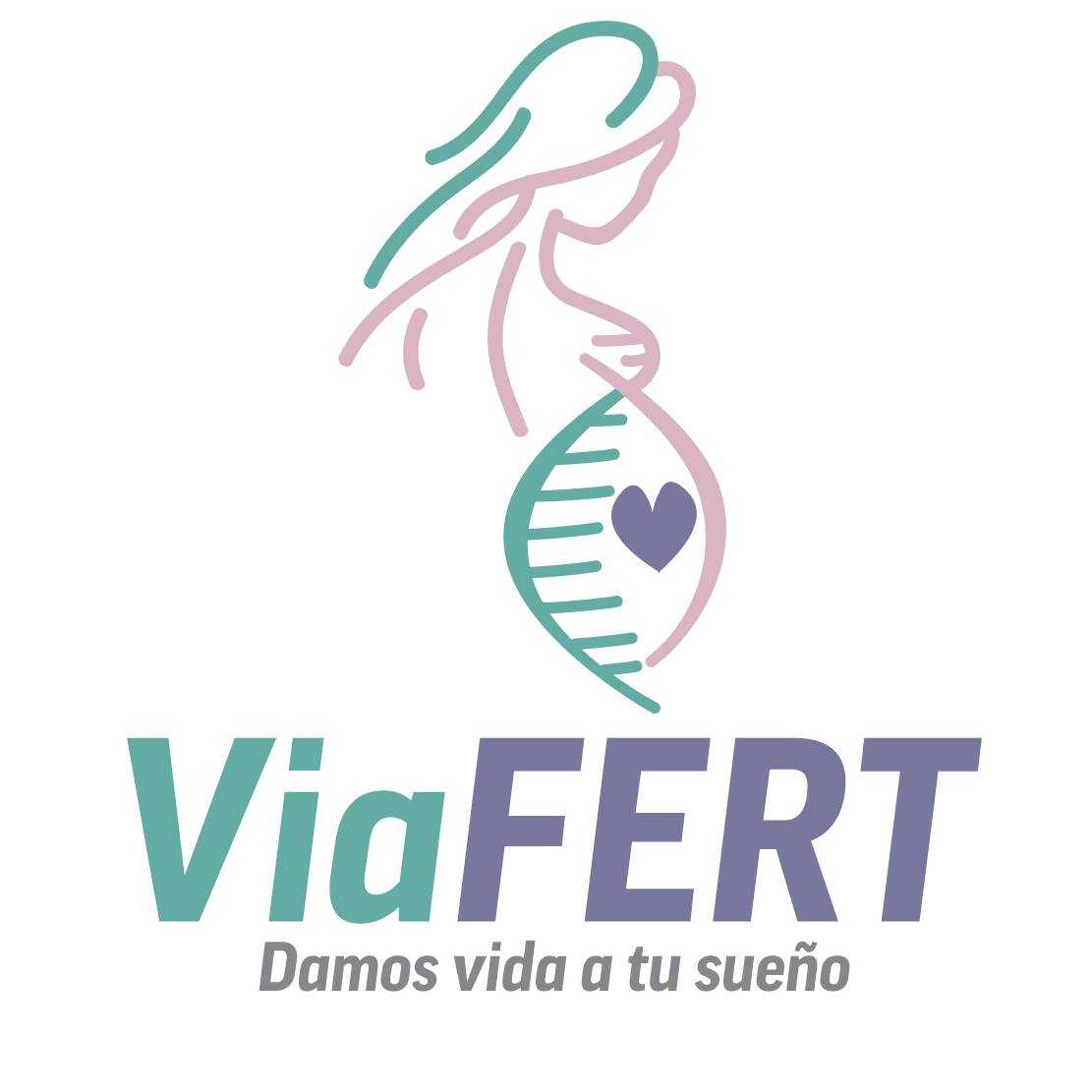

Share this listing